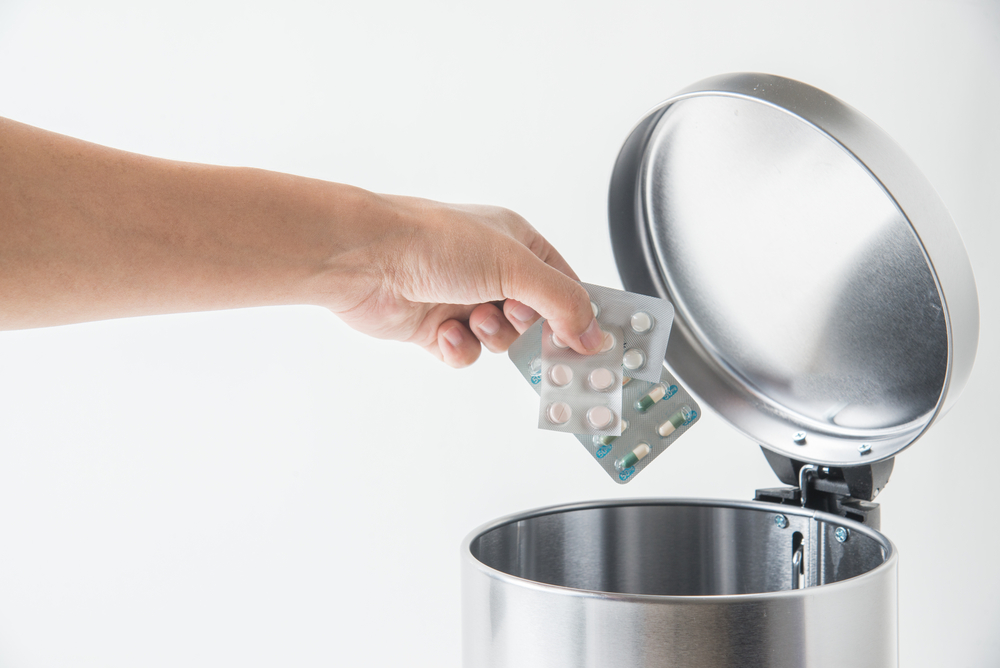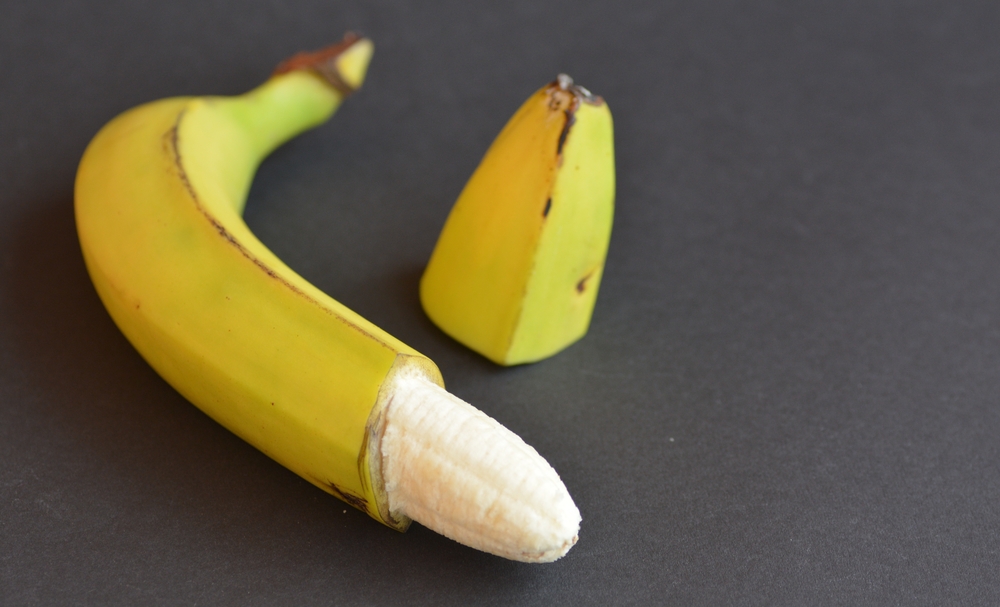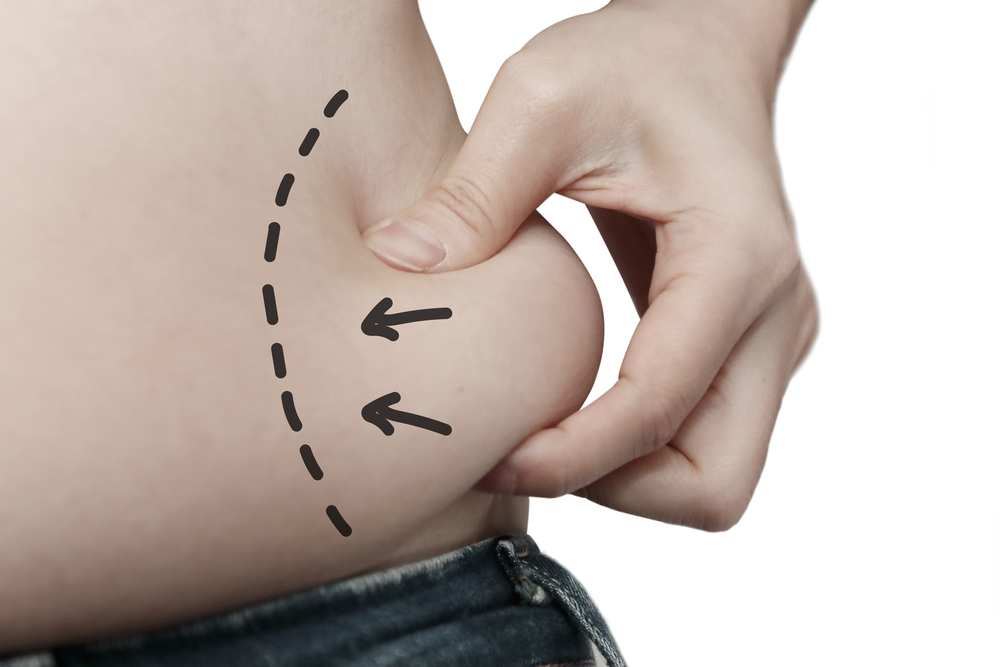Contents:
- Medical Video: How To Safely Dispose Old Medication
- How to dispose of safe drugs
- Some drugs should not be disposed of by themselves
Medical Video: How To Safely Dispose Old Medication
How to dispose of drugs that have expired or are no longer used is different from how to dispose of ordinary household waste. Being left to pile up in a risk-taking medicine box was accidentally drunk by residents of other houses who did not know anything about the stale medicine. This can cause poisoning. Anyone who throws away the remaining medicine can potentially be misused by the person who found it. So, pay attention to how you dispose of medicine at home. Follow this guide.
How to dispose of safe drugs
Basically, every the drug must be discarded immediately if the validity period has expired or if it is no longer needed.
Follow these steps according to the guidelines of the Food and Drug Supervisory Agency:
- Remove all information labels from the medicine container so that the type of drug can no longer be read or clearly visible. This is also useful to avoid drugs being resold by irresponsible individuals after the drug is collected at the TPA (Final Disposal Site).
- For drugs in the form of creams, ointments, tablets, capsules, and other solid forms: crush the drug and mix it with water, soil, or other disgusting rubbish that will be disposed of, then put it all in a closed container or plastic. This is to prevent the drug from leaking or being scattered and taken back by scavengers.
- Medicines in the form of patches must be squeezed or random scissors so that they can no longer be pasted.
- Most syrup drugs can be poured directly into the toilet. For example, medicine for child fever or liquid flu medication. However, do not do this method for antibiotic syrup, antifungal, and antivirals.
Some drugs should not be disposed of by themselves
The Food and Drug Administration in the United States (FDA) says that there are several types of drugs that are dangerous if poured directly into the toilet. For example opiates (fentanyl, morphine, diazepam, oxycodone, buprenoprhine), chemotherapy drugs, to antibiotics, antifungal drugs, and antivirals. Because the decomposing bacteria in the culvert water cannot function when exposed to the drug. What is there, they even die.
Antibiotic, antifungal and antiviral drugs in the form of syrup / liquid should be left in their original packaging. But before being discharged, the solution is first with water, soil, or other unwanted material, then tightly closed. Remove the drug label (like the first step) and throw it into the trash.
Some other medicines - such as opioid drugs and chemotherapy drugs - are equipped with special disposal instructions along with the location where you have to dispose of them. Put the medicinal waste into a special place such as an airtight container or sealed bag and bring it to the nearest official institution, such as a drug factory health center, pharmacy, hospital, or police station that is responsible for dealing with official drug disposal. There, a collection of used drugs will be burned to protect the surrounding environment from drug contamination.
Other drugs that cannot be disposed of in the toilet are:
- Methylphenidate
- Naltrexone hydrochloride
- Methadone Hydrochloride
- Hydrocodone Bitartrate
- Naloxone Hydrochloride
You can also contact the Sanitation and Gardening Office of your city or district, or the local waste management authority to get information about how to dispose of the correct medicine in your area.












